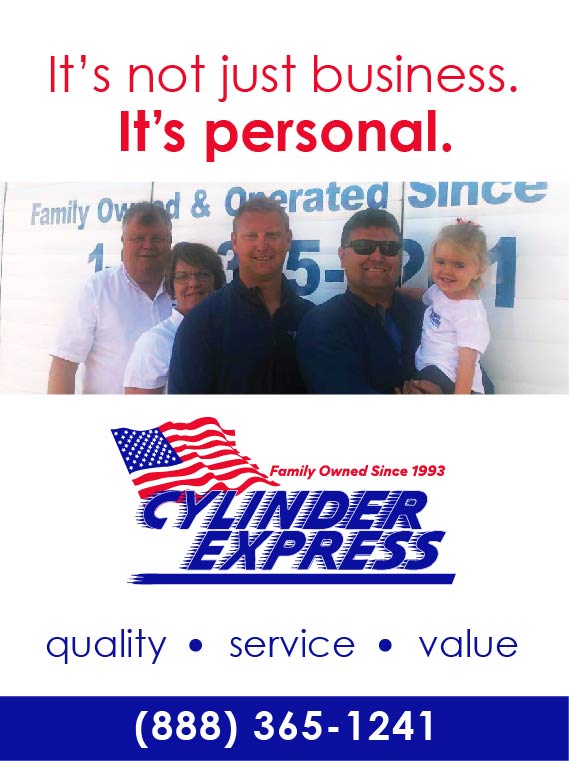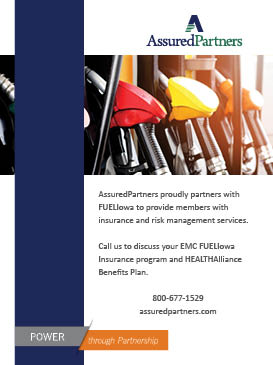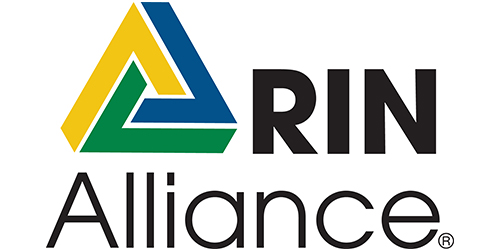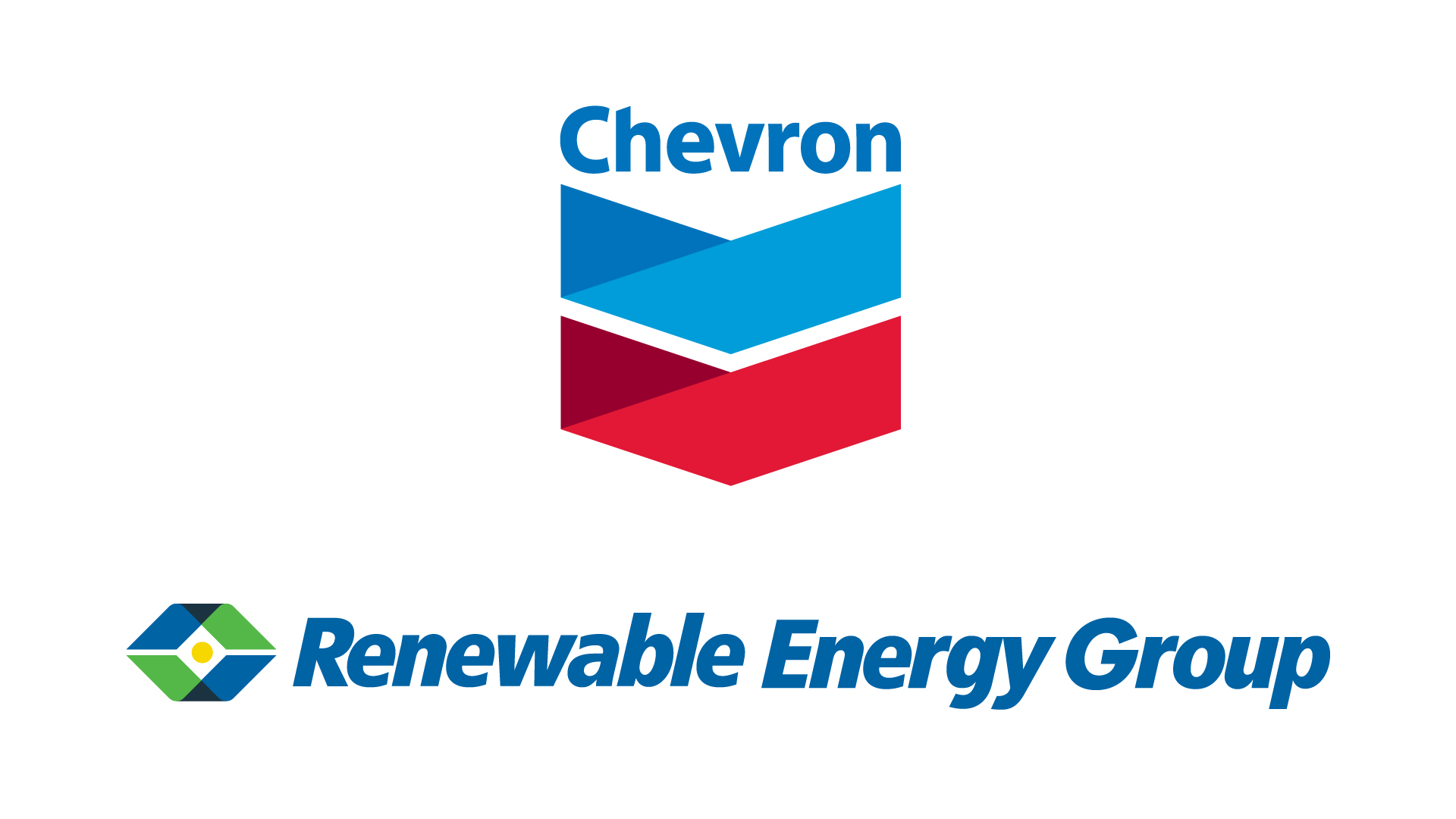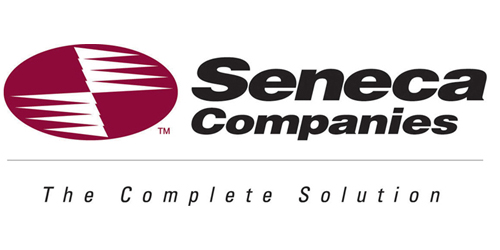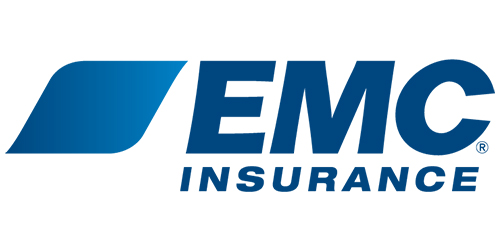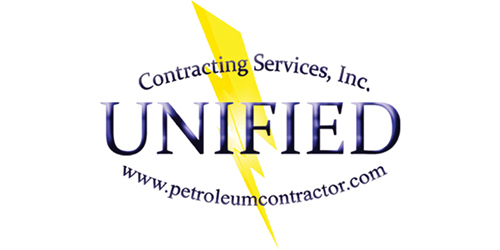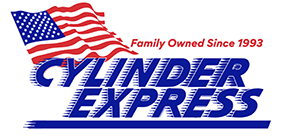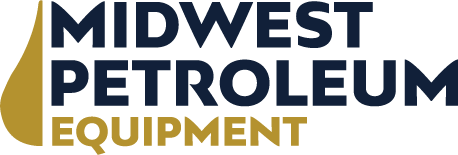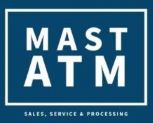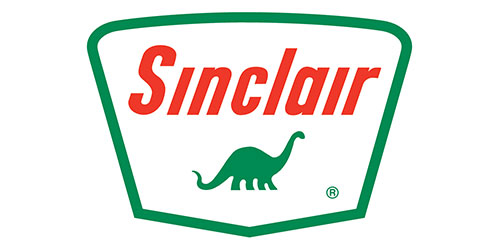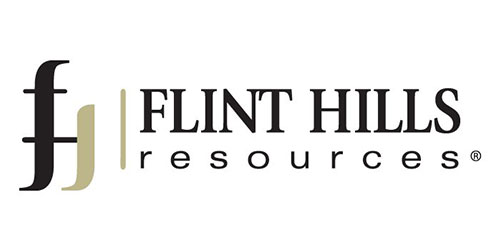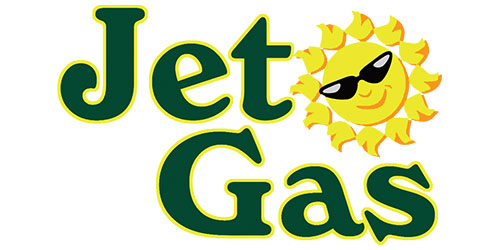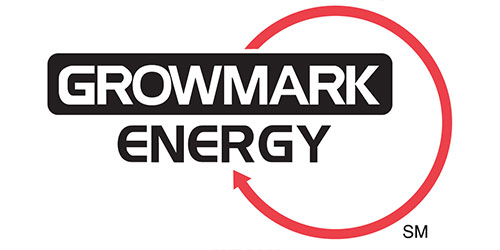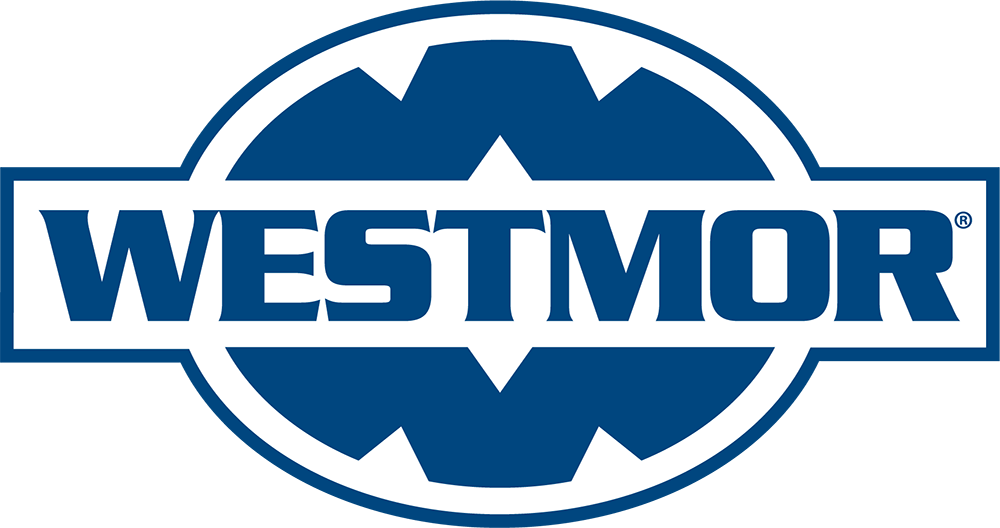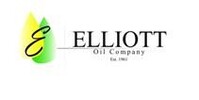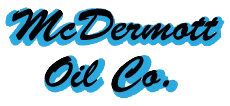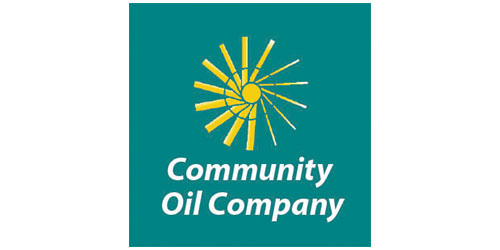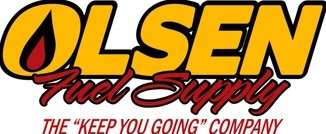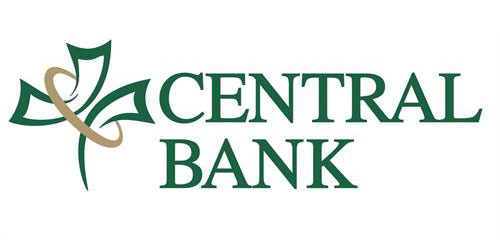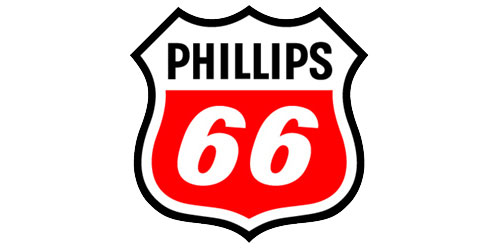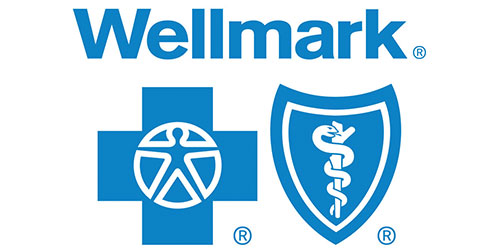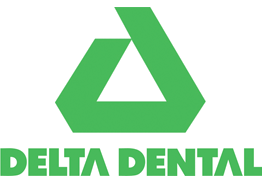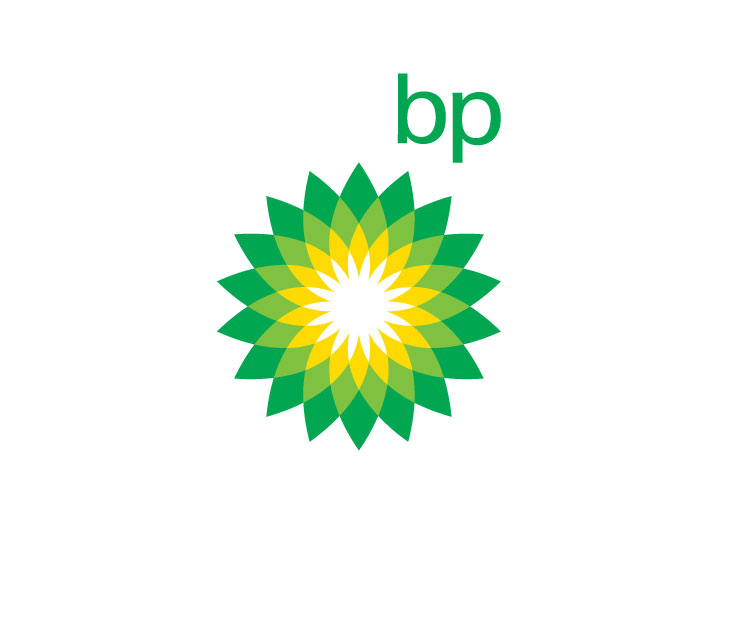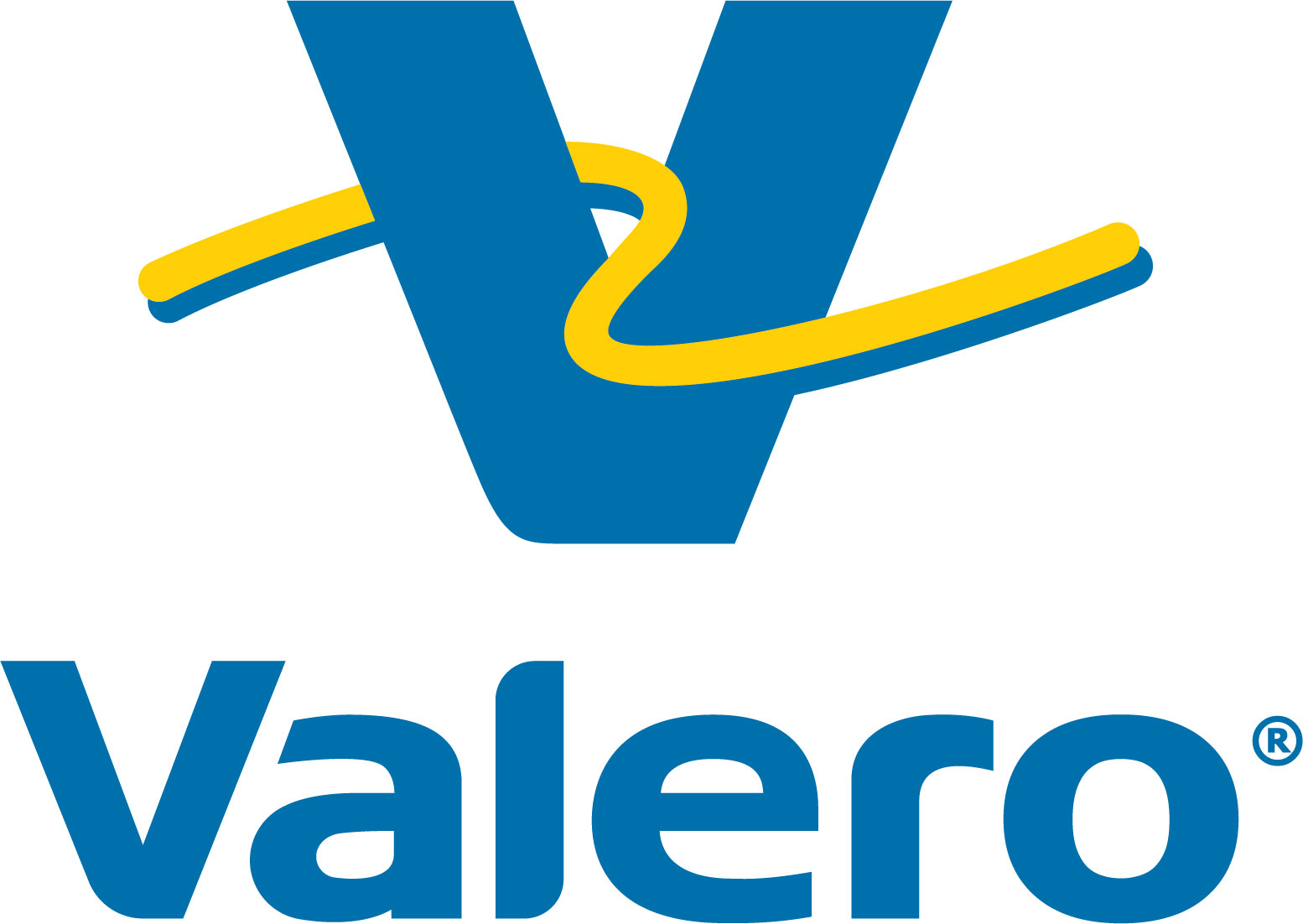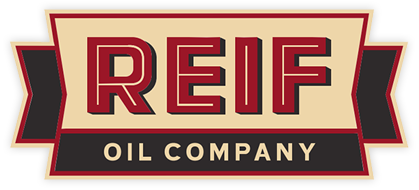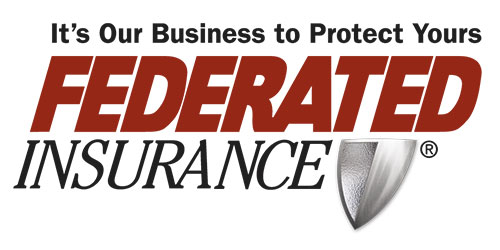
How to Avoid Costly Fines Transporting Skid Tanks
August 27, 2019 | 
Increasingly, federal and state enforcement authorities are handing out costly citations to petroleum marketers for improperly transporting portable skid tanks to and from construction sites, farms and other commercial user locations. With fall harvest season approaching, it’s likely that DOT officers will make the proper transport of skid tanks a priority in the near future. Typically, skids are transported empty on a flatbed truck and then filled with product after delivery to the end user. When the end user is finished with the skid tank, it is shipped back to the marketer’s tank yard in the same manner it was delivered. Since skid tanks transported after their use may only contain a small amount of fuel mixed with residue that is unsuitable for use in motor vehicles or other equipment, many marketers consider them “empty” for purposes of complying with federal Hazardous Materials Regulations (HMR). Unfortunately, “empty’ can be a relative term. Skid tanks deemed empty by marketers are often treated as containing hazardous materials by roadside inspectors. This difference of opinion over what constitutes “empty” is likely to result in marketers being cited for failure to comply with HMR accompanied by a hefty fine and probable out of service order.
While a marketer may deem a skid tank empty of usable product the fuel/residue mixture is still classified as a hazardous material under HMR and must be properly placarded, accompanied by a shipping paper and transported by a CDL driver with appropriate HAZMAT credentials. This is true regardless of the amount of residue left in the tank. There are no limited quantity exceptions for product remaining in skid tanks. Any amount of hazardous material transported in a skid tank is sufficient to trigger compliance with HMR. Only when the skid tank is cleaned and purged of vapors is it considered truly “empty” under section 49 CFR 173.29 of HMR and no longer subject to federal regulation.
The costs for assuming a skid tank is empty when it is not are high, particularly when transporting multiple tanks on the same truck. Under the HMR, a person who violates a requirement applicable to the transportation of hazardous materials is liable for a civil penalty of not more than $55,000 and not less than $250 for each violation. The maximum civil penalty is $110,000 if the violation results in death, serious illness or severe injury to any person or substantial destruction of property, and a minimum $495 civil penalty applies to a violation relating to HAZMAT training. When the violation is a continuing one, each day of the violation constitutes a separate offense.

